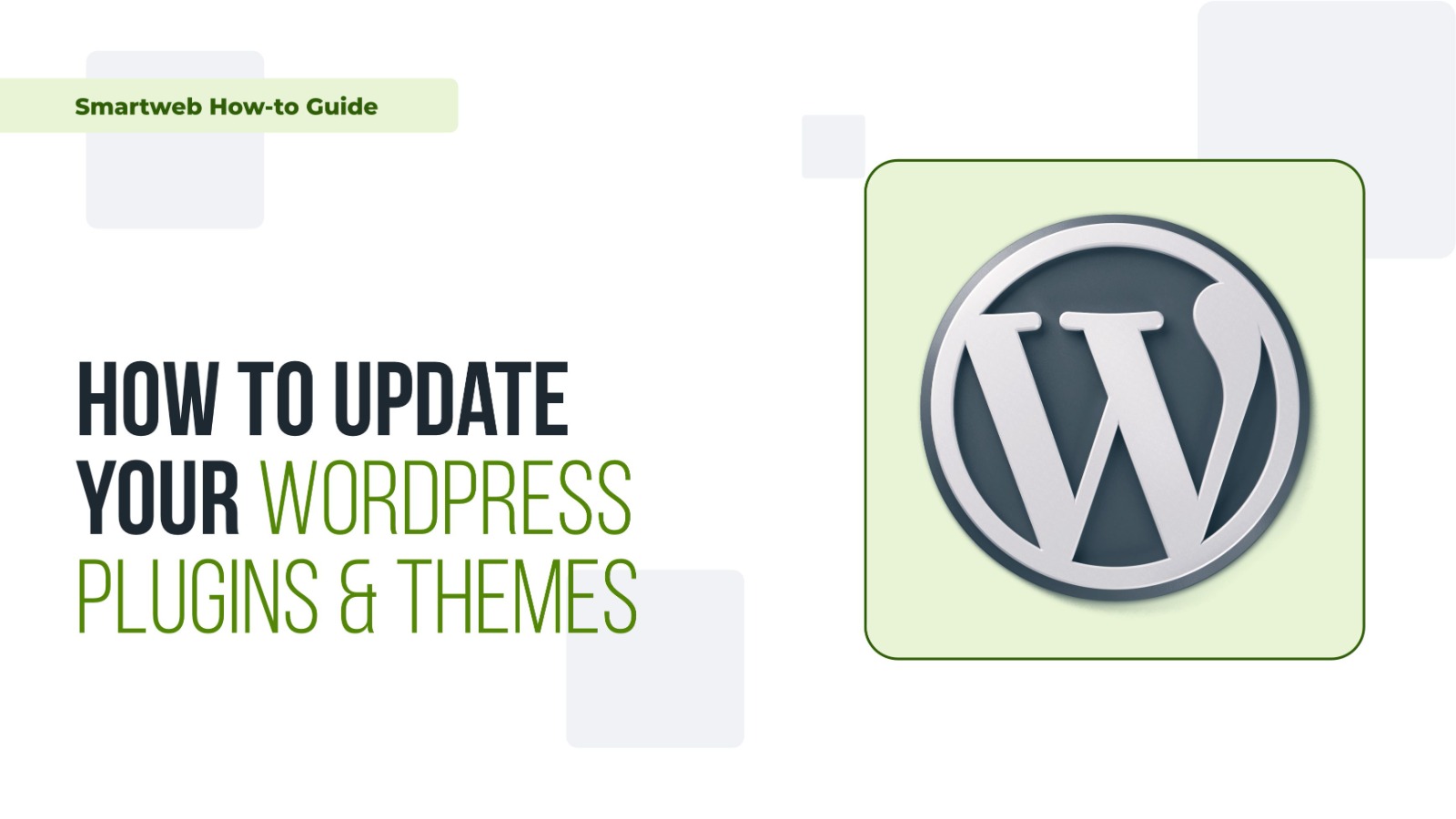
The need to update and upgrade the CMS Script (wordpress, joomla e.t.c) to the latest version to avoid it’s security bridges and errors and also to enhance performance and security for the online community.
Thus, updating plugins and themes is crucial for several reasons:
1. Security: Developers release updates to patch vulnerabilities and fix security issues. Running outdated plugins or themes exposes your website to potential security threats. Regular updates help protect your site from malicious attacks.
2. Compatibility: Updates ensure that plugins and themes remain compatible with the latest versions of the content management system (CMS) or platform your website is built on. Running outdated software may lead to conflicts and functionality issues.
3. Performance: Updates often include optimizations and improvements that enhance the performance of plugins and themes. This can result in a faster, more efficient website, providing a better user experience for visitors.
4. New Features: Developers frequently introduce new features and functionalities in updates. Keeping your plugins and themes up to date allows you to take advantage of these enhancements, improving the overall capabilities of your website.
5. Bug Fixes: Updates address bugs and glitches present in earlier versions. Regularly updating ensures a smoother user experience by resolving issues that could affect your site’s functionality.
6. Compatibility with Other Plugins: If your website relies on multiple plugins, updating them helps maintain compatibility between different components. This reduces the risk of conflicts that could arise from using outdated versions of plugins.
7. Support and Documentation: Developers often provide better support for users running the latest versions of their plugins and themes. By keeping your software up to date, you ensure access to the latest documentation and assistance when needed.
8. Compliance: Updates may include adjustments to comply with new standards, regulations, or coding practices. Staying current with these updates helps your website remain compliant with industry standards and guidelines.
To update plugins and themes on a website follow the tips below:
1. Backup Your Site: Before making any updates, create a backup of your website to prevent data loss in case anything goes wrong.
2. Check Compatibility: Ensure that the plugins and themes you’re updating are compatible with your website’s current version and other plugins.
3. Access Your Dashboard: Log in to your website’s admin dashboard. This is usually accessed by adding “domain/wp-admin” to your site’s URL for WordPress sites.
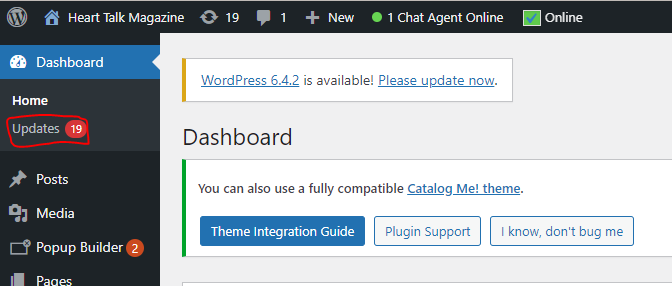
4. Update Plugins:
– Navigate to the “Plugins” section.
– Look for any plugins with available updates.
– Select the plugins you want to update and click “Update Plugins.”
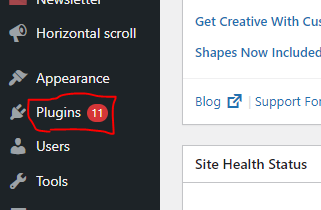
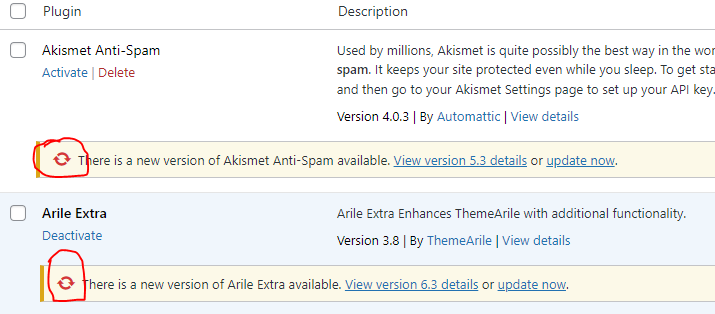
5. Update Themes:
– Go to the “Appearance” section.
– Choose the “Themes” option.
– If there’s an update available, you’ll see an update prompt.
– Click on the theme and then click “Update Now.”
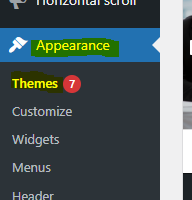

6. Manually Update:
– If automatic updates are disabled or if you prefer manual control, you can download the latest versions of plugins and themes from their respective sources.
– Deactivate the plugin or switch to another theme.
– Delete the old version.
– Upload and activate the new version.
7. Check for Issues: After updating, browse through your site to make sure everything works as expected. If there are issues, check the plugin or theme’s support forums for solutions.
8. Repeat for Regular Maintenance: Regularly check for updates and perform these steps to keep your site secure and functioning optimally.
Remember, while updating is crucial for security and functionality, always exercise caution, especially if your website has customization.
In summary, updating plugins and themes is a proactive measure that enhances the security, performance, and functionality of your website, ensuring a positive experience for both users and administrators. There are many new extensions and plugins that cannot be use on the older versions unless on the new versions as all CMS developers focus on new version for any extension, themes, templates and plugins. Your website have a higher percentage and possibilities of having a hacking compromise, generating spam reports and even causing the server IP to be blacklisted anytime due to unnecessary errors and incompatibilities.
